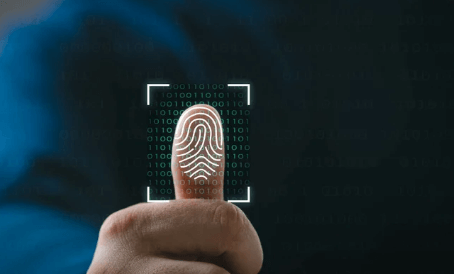How Blockchain Is Changing the Face of Intellectual Property
Blockchain technology is transforming intellectual property by offering immutable, transparent records that verify ownership and provenance. Its integration with smart contracts and digital signatures streamlines registration processes and rights management while reducing reliance on traditional authorities. This shift enhances security against counterfeiting and piracy, fostering trust among stakeholders. As the ecosystem evolves, the potential for more equitable and decentralized IP management raises critical questions about the future of creator rights and industry standards.
Enhancing Provenance and Ownership Verification
How can blockchain technology fundamentally improve the verification of provenance and ownership?
By leveraging digital signatures and smart contracts, blockchain ensures immutable, transparent records, enabling independent validation of authenticity.
This enhances trust and security, empowering creators and owners to assert rights confidently.
The decentralized ledger fosters a new realm of intellectual property freedom, safeguarding originality against forgery and dispute.
Streamlining Registration and Rights Management
Blockchain technology offers a transformative approach to registration and rights management by enabling automated, tamper-proof recordkeeping through smart contracts. These contracts utilize digital signatures to authenticate ownership and rights transfers, streamlining processes.
This innovation fosters transparency and autonomy, empowering creators to manage rights independently, reducing reliance on centralized authorities, and promoting a more liberated intellectual property ecosystem.
Combating Counterfeiting and Piracy
What role can blockchain technology play in addressing the pervasive issues of counterfeiting and piracy? By utilizing digital signatures and smart contracts, blockchain ensures immutable verification of authenticity and provenance.
This decentralized approach fosters transparency, enabling creators to combat infringement directly, empowering innovative freedom while reducing counterfeit circulation through tamper-proof, automated mechanisms.
Facilitating Transparent Licensing and Royalty Distribution
Building upon blockchain’s capacity for authenticating digital assets, its application in licensing and royalty management introduces a paradigm shift toward transparency and efficiency.
Smart contracts automate royalty tracking and enforce licensing terms, ensuring fair distribution without intermediaries.
This innovation empowers creators, fostering a decentralized environment where intellectual property rights are transparently managed, promoting freedom and equitable value exchange.
See also: How Blockchain Could Transform the Supply Chain Industry
Conclusion
Blockchain’s transformative impact on intellectual property is evident in its ability to enhance provenance, streamline rights management, and combat counterfeiting. Notably, the global counterfeit market is valued at over $1.2 trillion annually, highlighting the urgency for secure solutions. By leveraging blockchain’s immutable records and smart contracts, stakeholders can achieve unprecedented transparency and control. This technological evolution signifies a pivotal step toward a more secure, efficient, and equitable IP ecosystem.






